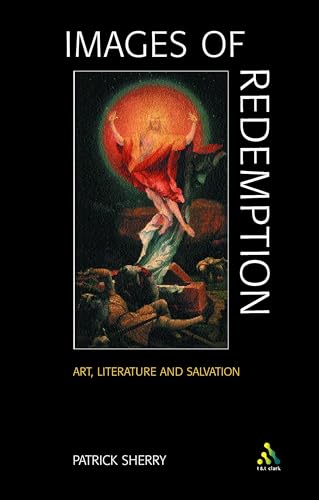THE WAYS OF OUR GOD. AN APPROACH TO BIBLICAL THEOLOGY
Written by Charles H.H. Scobie Reviewed By Hector MorrisonScobie’s highly readable, but massive volume is divided into two (unequal) parts: the first (about 100 pages long) dealing with ‘Prolegomena to a Biblical Theology (BT)’; the second, forming the major part of the work, ‘A Sketch of BT’.
In Part I Scobie covers issues of the definition, history, method, new directions, and structure of BT. Much of the historical material has already appeared in slightly abridged form in Scobie’s article on ‘History of BT’ in the New Dictionary of Biblical Theology (Leicester: IVP, 2000).
Undergraduate students of BT will find these chapters to be helpful, introductory treatments of many of the main issues of the prolegomena of BT, while those ‘unfamiliar with the debates regarding the possibility and nature of biblical theology’ could find considerable benefit in perusing them, despite Scobie’s suggestion that they might be skipped by such.
In the final section of Part I Scobie introduces us to his approach to the structure of BT, plumping for a thematic, canonical approach based on the following fourfold pattern of dealing with each theme: (a) proclamation; (b) promise—a broader concept than prediction—within the OT; (c) fulfillment and (d) consummation with the NT. One of the dangers of this approach is that we may miss the fact that there is promise and fulfilment within the OT canon too, as indicated, for example, by Clines in his well-known definition of the theme of the Pentateuch as ‘the partial fulfilment—implying also the partial non-fulfilment—of the promise to or blessing of the patriarchs’. Moreover, Scobie’s approach is to a large extent dependent on the position of the prophets at the close of the OT section of the Christian canon of Scripture. Does the different order of the Hebrew canon affect this, and, if so, which canon should we follow in using a canonical approach?
In seeking to determine the themes to develop, Scobie rehearses briefly for us the various attempts made by scholars to discover a theological ‘centre’ for the OT and the NT, and, on the way, highlights some of the dangers and inadequacies of such an approach (85ff.). This leads him to follow the trend towards a multi-thematic approach which he has perceived particularly in a number of recent OT theologies.
The major biblical themes (with associated sub-themes) chosen by Scobie are ‘God’s Order’ (the Living God; the Lord of Creation; the Lord of History; the Adversary; the Spirit); ‘God’s Servant’ (the Messiah; the Son of Man; Glory, Word, Wisdom, Son; the Servant’s Suffering; the Servant’s Vindication); ‘God’s People’ (the Covenant Community; the Nations; Land and City; Worship; Ministry); and ‘God’s Way’ (the Human Condition; Faith and Hope; God’s Commandments; Love your Neighbour; Life). No such schema is likely to receive universal approval, nevertheless, it is somewhat surprising to find that not one of the twenty sub-sections is dedicated to a consideration of ‘covenant’. We have moved a long way from Cocceius’ work, or, for that matter, from Eichrodt’s OT theology! Instead, ‘covenant’ is considered under the broader sub-theme of ‘the covenant community’, which explains, possibly, why the aspects of the Noahic covenant which deal with non-human living creatures and also with the earth are not broached. Neither does there appear to be any discussion of the wider issues of a possible covenant with creation, a covenant of works, or an eternal covenant. It might have been helpful to have provided a further sub-theme under ‘God’s Order’ to deal with some of these issues.
A selective approach to the book is recommended for most readers, for whom the ready tracing of specific themes is facilitated by the very useful, tabular, 21 page ‘Outline of Part Il’ found towards the end of the book. There is also a substantial, 73 page bibliography by means of which readers can pursue further study.
While readers should derive much benefit from Scobie’s work, the very size of the task which he attempts here means that his treatment of any one theme is necessarily brief and, from my viewpoint, lacking in theologically satisfying ‘meat’. I should like to have seen even an occasional example of a fuller, more substantial treatment of a theme on the basis of close work on the actual texts of Scripture.
Nevertheless, this solid piece of scholarship has made biblical theology accessible to ‘the intelligent lay person’ and deserves a place on our bookshelves. It should prove to be a very reliable and helpful point of entrance into a consideration of specific biblical themes, and a valuable resource for hard-pressed preachers and theological students in particular.
Hector Morrison
Highland Theological College, Dingwall






